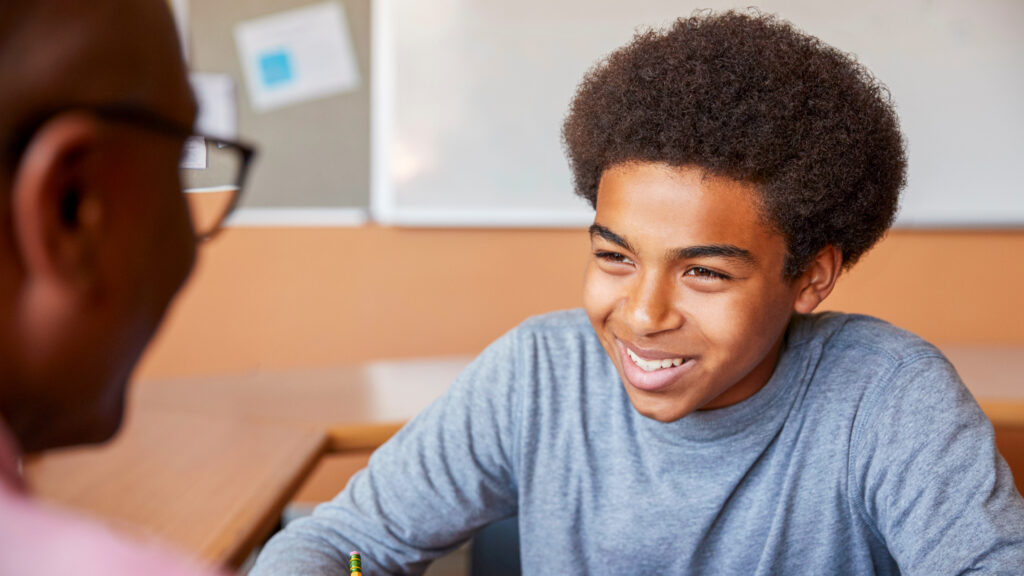Tyler Arnold | November 9, 2022
(The Center Square) – To help the state recover from learning losses in fourth-grade math and reading proficiency, four historically black colleges and universities are teaming with two groups to provide tutoring services to at-risk students.
The program will employ students at the colleges and universities to tutor and mentor high school and middle school students, according to a news release from Gov. Glenn Youngkin’s office. The partnership will consist of Norfolk State University, Hampton University, Virginia State University, Virginia Union University, Urban Leagues of Hampton Roads and Greater Richmond.
“I am thrilled to embark on the journey of learning loss recovery with these transformational tutoring partnerships, this is a breakthrough initiative,” Youngkin said in a statement. “Our treasured Historically Black Colleges and Universities have proven to be leaders in the development and implementation of best practices in education. I look forward to the expansion of this key program.”
The 2022 National Assessment of Educational Progress report card found from 2019 to 2021, fourth grade mathematics and reading scores fell at a much higher rate than the national average. Although math scores were still slightly higher than the national average and reading scores were on par with the average, the commonwealth had previously ranked much higher than most of the country.
“We were pleased to have Gov. Glenn Youngkin announce the Urban League and HBCU Tutoring Partnership on the campus of the Norfolk State University at the L. Douglas Wilder Performing Arts Center,” Norfolk State President Javaune Adams-Gaston. Said in a statement.
“The purpose of the partnership between the Urban Leagues of Hampton Roads and Greater Richmond and Norfolk State University, Hampton University, Virginia Union University, and Virginia State University is to provide HBCU students who will serve as paid tutors to high school students,” Adams-Gaston said. “This is a great start to begin closing the learning gap that occurred during the pandemic and beyond. We are excited about the possibilities this partnership will bring.”
In addition to this program, the governor supports raising education standards and strengthening the state’s teacher pipeline. He has also urged school systems to spend the remaining $2 billion in federal K-12 funding on learning recovery.
